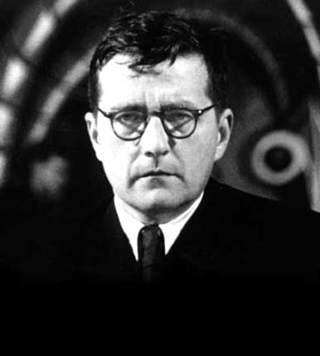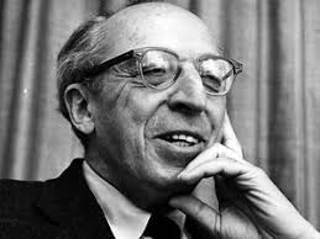
Copland "Appalachian Spring" (Re-Upload)
For this Thanksgiving week we're doing another re-upload from the archive! Today we'll look at Copland's Appalachian Spring, a ballet that has captured the imagination of listeners worldwide and seems to be the marker of the "American" sound in Western Classical Music. We'll look at some of the differences between the two versions of the piece, talk about why it sounds so American, and listen to some fascinating rehearsal footage with Copland himself! This is one of my favorite past episodes - please enjoy!
25 Nov 202046min
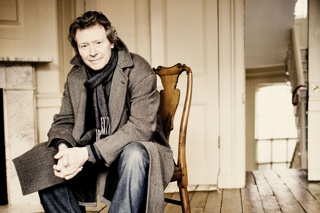
A Conversation with Harry Christophers, Founder and Director of The Sixteen
This week I spoke with Harry Christophers, who wears many different hats in his jobs as Artistic Director of the Handel and Haydn Society, and as the Founder and Director of The Sixteen, one of the world's most renowned choirs. I spoke with Harry about A Choral Odyssey, a new program debuting TONIGHT on thesixteen.com. The show explores great choral repertoire while exploring the venues in which it was first created. We also talked about choral conducting vs. orchestral conducting, and much much more.
19 Nov 20201h 1min
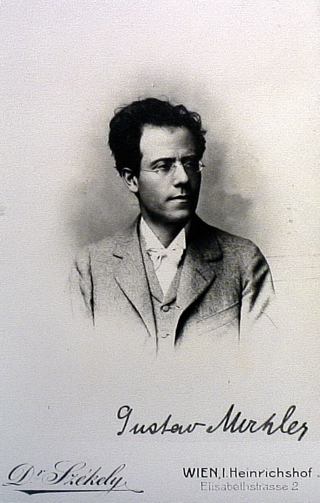
Mahler Symphony No. 3, Part 1
Mahler on his third symphony: "Just imagine a work of such magnitude that it actually mirrors the whole world—one is, so to speak, only an instrument, played on by the universe. . . . My symphony will be something the like of which the world has never yet heard! . . . In it the whole of nature finds a voice." As one of the grandest symphonies ever written, Mahler's 3rd symphony truly does embrace the world of nature in every possible way. This week we discuss the first movement, a 36 minute long colossus!
12 Nov 202043min

A Conversation with Composer and Violinist Jesse Montgomery
Jessie Montgomery is an acclaimed composer, violinist, and educator. Her works are performed frequently around the world by leading musicians and ensembles. Her music interweaves classical music with elements of vernacular music, improvisation, language, and social justice, placing her squarely as one of the most relevant interpreters of 21st-century American sound and experience. We had a great conversation touching on her upbringing, improv in classical music, her wide range of works, and much more!
5 Nov 202059min

Politics in Classical Music
First of all, if you're American, I hope you're listening to this while standing in line to vote! Western Classical Music does not have the reputation for political activism that other kinds of music have, but that doesn't mean composers haven't made political statements all throughout history with their music. Today we'll go through some of the most politically charged pieces in Western Classical Music History, all the way from the music of Joseph Haydn to the music of today. Don't forget to vote!!
29 Okt 202052min
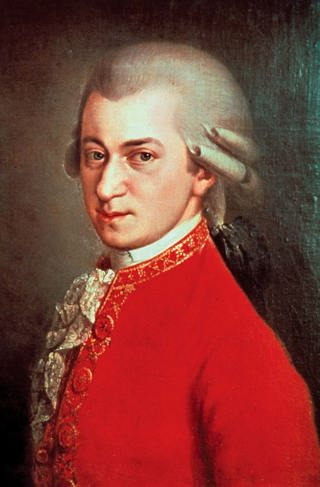
Mozart Symphony No. 40
This week continues my project of reuploading seasons 1-5 in new and improved sound quality! The opening of Mozart's 40th symphony is one of the most recognizable tunes in the whole repertoire, but to this day we don't know what it is about or even why Mozart wrote it. But even though it can be frustrating to not know these answers, it's also exciting and potentially rewarding to go searching for answers on our own! Today we'll talk all about this dramatic piece, and all of its many twists and turns.
22 Okt 202047min
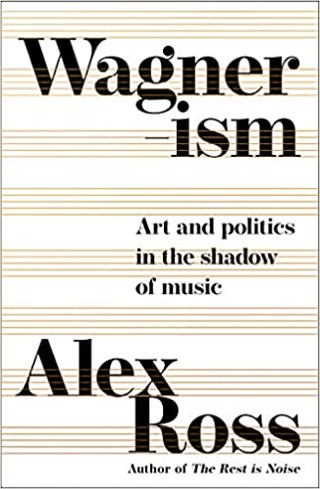
"Wagnerism" with Alex Ross
This week I got to cross off a Sticky Notes bucket list item by interviewing the best-selling author and critic Alex Ross. We talked about his incredible new book Wagnerism, discussing Wagner's influence on just about every artist/thinker of his time and into the future, his anti-semitism, and more. We also talked about how people understood Wagner, and how they understand him today. Talking to Alex Ross allowed me to understand how one composer's music could create so much beauty, and so much destruction.
15 Okt 20201h 1min
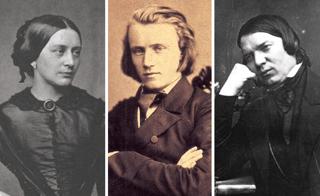
Johannes Brahms and Clara Schumann: A Love Story
Today is the beginning of a new project to re-upload older episodes in new and improved sound quality! First up is a story I can't believe Hollywood hasn't told in decades - the story of Johannes Brahms and Clara Schumann. Perhaps it's because of its complex, ambiguous, and unsettled ending, but for whatever reason, it has been a story somewhat lost to history. So today we'll look back at the lives of Johannes and Clara, accompanied by pieces they both wrote during the time that they knew one another.
8 Okt 202032min
